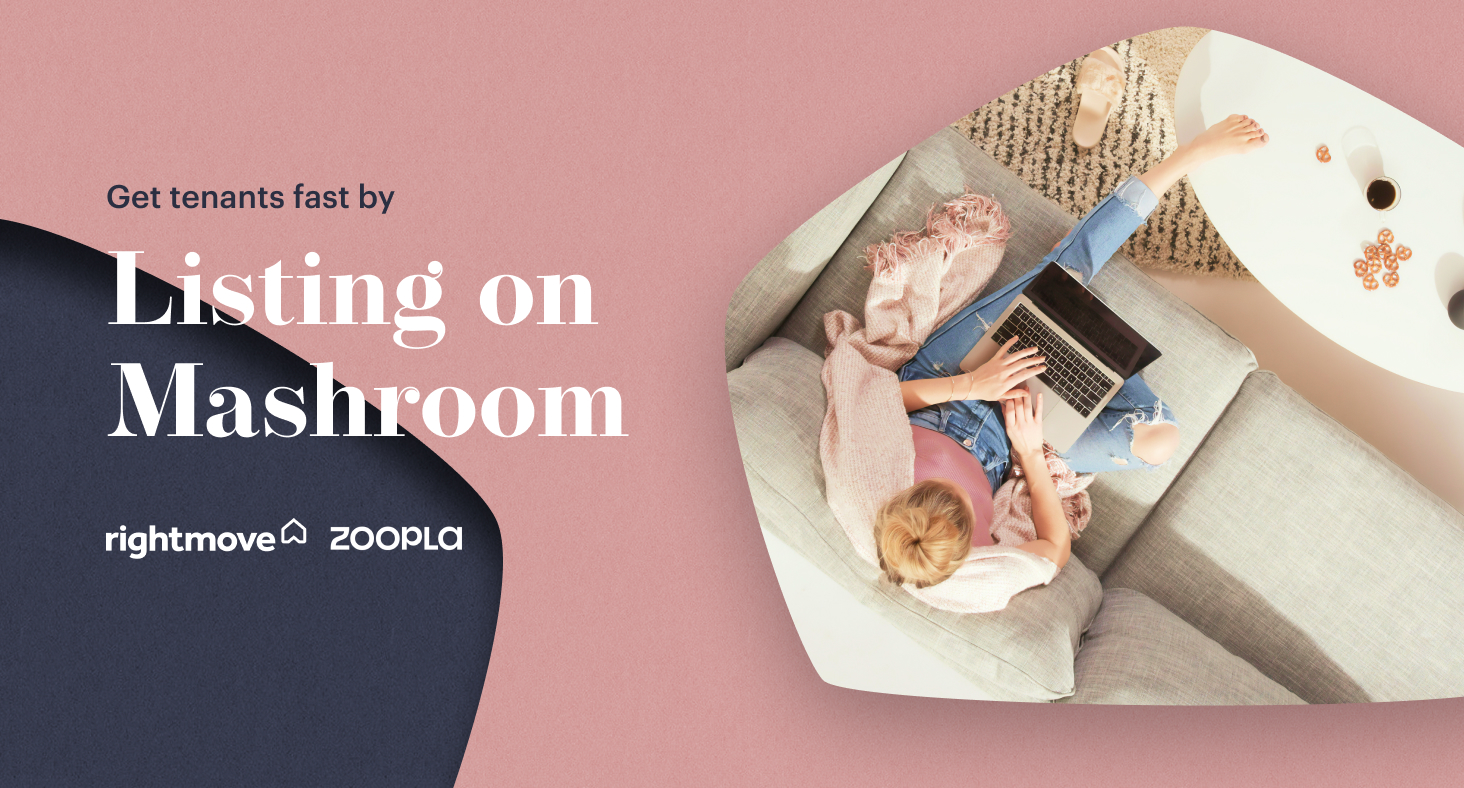Local Social Media: Does it help or hinder?
It’s great to feel like you’re part of a tight-knit community, but that’s not always the case for everyone.
In today’s fast paced digital world our modern lives no longer make it easy to drop by our neighbour’s home for a cup of tea. The demands of daily life and variants like Omicron have changed the landscape of our lives drastically, with many neighbours unable to have a chatty catch up due to isolating or Covid safety measures. That’s where the pros of local social media come in!
We don’t want to get caught up in ‘nosy-neighbour’ syndrome – you don’t need to keep up with your neighbour who posts regularly about their missing cat (we’re starting to think that feline enjoys his sunset jaunts!), so how can you use local social media wisely instead of sliding into curtain-twitching gossip?
Here are some pros and cons to help you make an educated decision on how to enjoy the benefits of this powerful tool.
The Pros of Local Social Media
- Neighbourhood Watch. We’re all familiar with the idea of a Neighbourhood Watch and it’s a great way to build community and keep each other safe from burglaries and any other local menaces. These days, the Neighbourhood Watch has moved online and is taking advantage of technology, with neighbours sharing video from doorbell-cams and CCTV footage of attempted break-ins or con-men who have come knocking, so that the community is aware and can keep an eye out for criminals. You can let your tenants know of any local online groups you know about, either on NextDoor or Facebook, so they can dive in. If they’re aware of criminals or vandals in the area, they can take precautions to protect your property and their contents (it might even prompt them to sort out Contents Insurance!)
- Online accessibility. You can post your property on multiple online listing platforms (including for free on Mashroom!) and the majority of tenants today start their searches online, rather than with the traditional high street agents. You can easily share a link to your online ad in community groups local to your property, just in case locals are looking for a new place to live.
- Research. While online social media is a great way to promote your property and look after it once you have it, it’s also super useful when you’re looking to expand your portfolio. If you’re looking for an investment in a new area that you’re not familiar with, you can start your research in local groups. While it’s useful to visit and check out the area yourself, it’s really insightful to see what locals are saying about the area. Are there a lot of posts about vandalism and robbery? Think about how that might impact finding tenants, who are also likely to be checking out the local area online and may be put off. But if you find there’s a thriving and warm local community, that bodes well not only for finding tenants, but keeping them long term!

The Cons of Local Social Media
- Bad Tenants. While it’s a great idea to share your listing on local social media, we don’t recommend using social media only to find your tenant. A platform like Mashroom offers tenant referencing for just £15, so you can assure yourself that you’ve got the right person in your property. If you get talking to a potential tenant in an online forum and they’re keen to keep it off more official channels, they may be trying to avoid going through any referencing, in order to hide poor credit or bad references
- Cyber safety. According to the BBC, three billion people – that’s around 40% of the world’s population! – use online social media, stating that we’re spending an average two hours every day sharing, liking, tweeting or posting. With the amount of people using social media today, the downside is many criminals are always on the lookout for ways to hack into our private lives. Data tallied by GOV.uk stated that 4 in 10 businesses (that’s 39%) and a quarter of charities (26%) reported having cyber security breaches or attacks in the last 12 months during 2021. So the more you use online platforms, the more you put yourself at risk. Make sure that you create strong passwords and be wary about what you post – just because it’s a local community group, doesn’t mean it’s a safe place to share your address or when you’re going on holiday. That’s something you and your tenant should both bear in mind to keep your property – and your online accounts! – secure.
- Notification overwhelm. How much information is too much? Many people find keeping up with multiple platforms stressful, so think before adding another one to your plate. Take a healthy approach by turning off notifications, so you don’t feel badgered by the buzz of each new post and can pick and choose when you login and catch up. Lots of phones also have a mute function to shut down certain platforms when you need to focus on other things.
Now that you’re aware of the pros and cons, you may be asking what steps you can take in order to participate in the positive side of local social networking. Here are a few actions you can take to ensure you’re using social media for your – and your tenant’s! – good.

Local Social Media Tips to Takeaway
- Create boundaries. The BBC stated that a study published in the journal Computers and Human Behaviour found people who reported using seven or more social media platforms were more than three times as likely to have high levels of anxiety symptoms. Choose the platforms you want to use, customise your newsfeed so you see only what is relevant to you and set limits on your usage. You should be in control of your social media – not the other way around.
- Stay tuned for weather alerts. While you should create boundaries on your usage, it might be useful to have notifications on for weather warnings, just in case these could affect your property. Flood warnings are particularly useful, as you can search for them on official sites like GOV.uk for flood warnings, where you’ll be able to see alerts on river, sea, groundwater and rainfall levels in your area, letting you know of flood risks 5 days in advance, which gives you time to sort out your Home Emergency Insurance, if you haven’t already!
- Find support. We’ve already talked about how landlords are changing, with almost half of landlords today aged 40 or under, so a lot of landlords today are likely to be online. You can join a Landlord Community Group where you can ask questions, share your advice and experience and get support from fellow landlords, so you don’t feel so alone!
Social media isn’t for everyone, but we hope these tips will help you turn it to your advantage. You can also share any questions in our Landlord Facebook Group.
